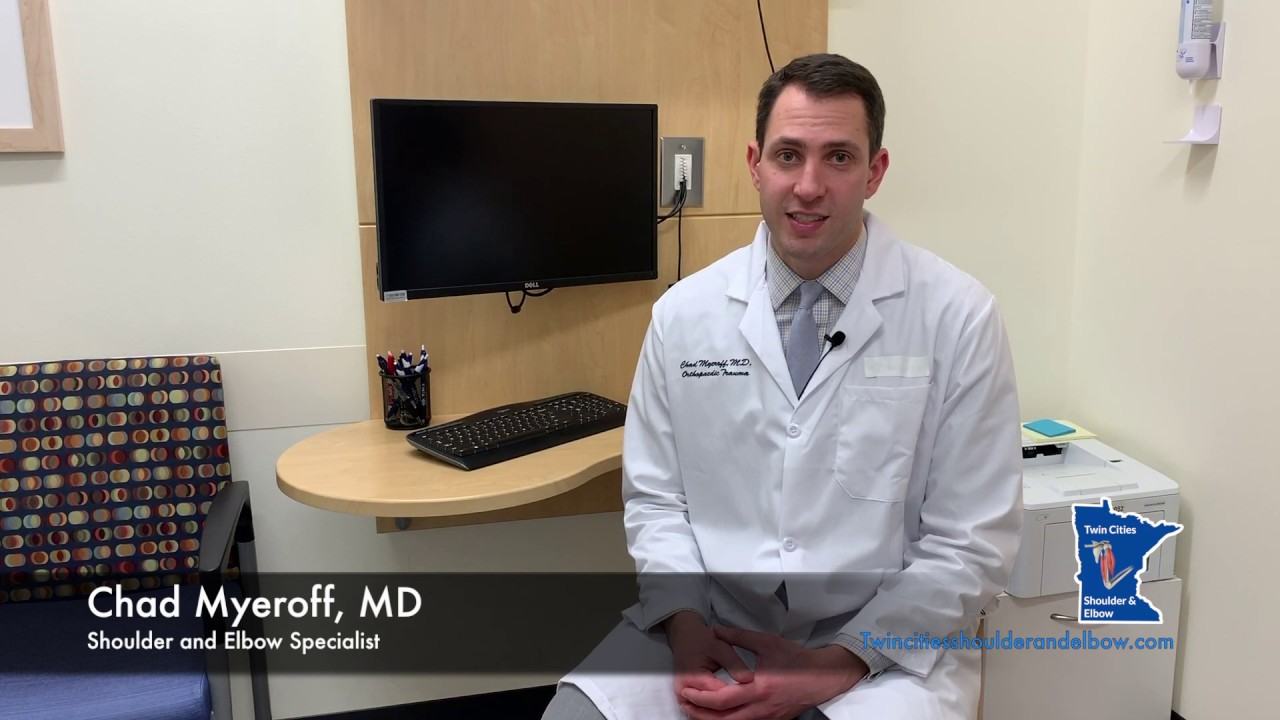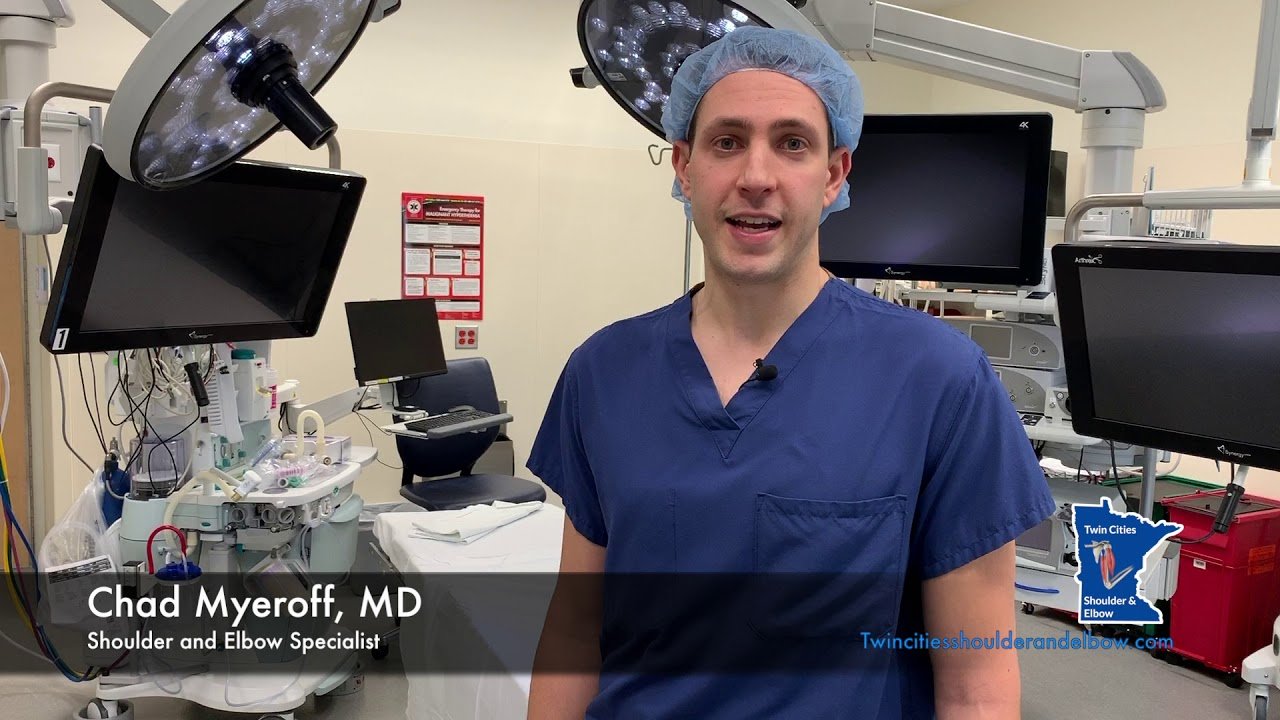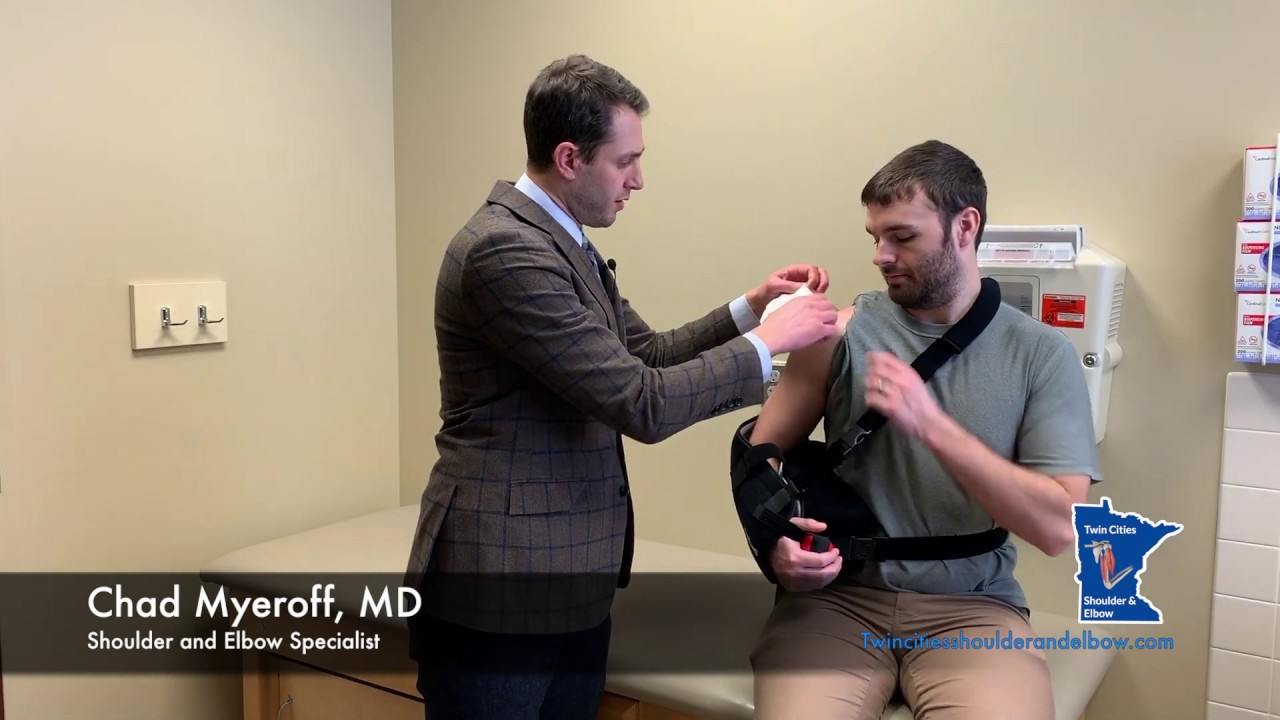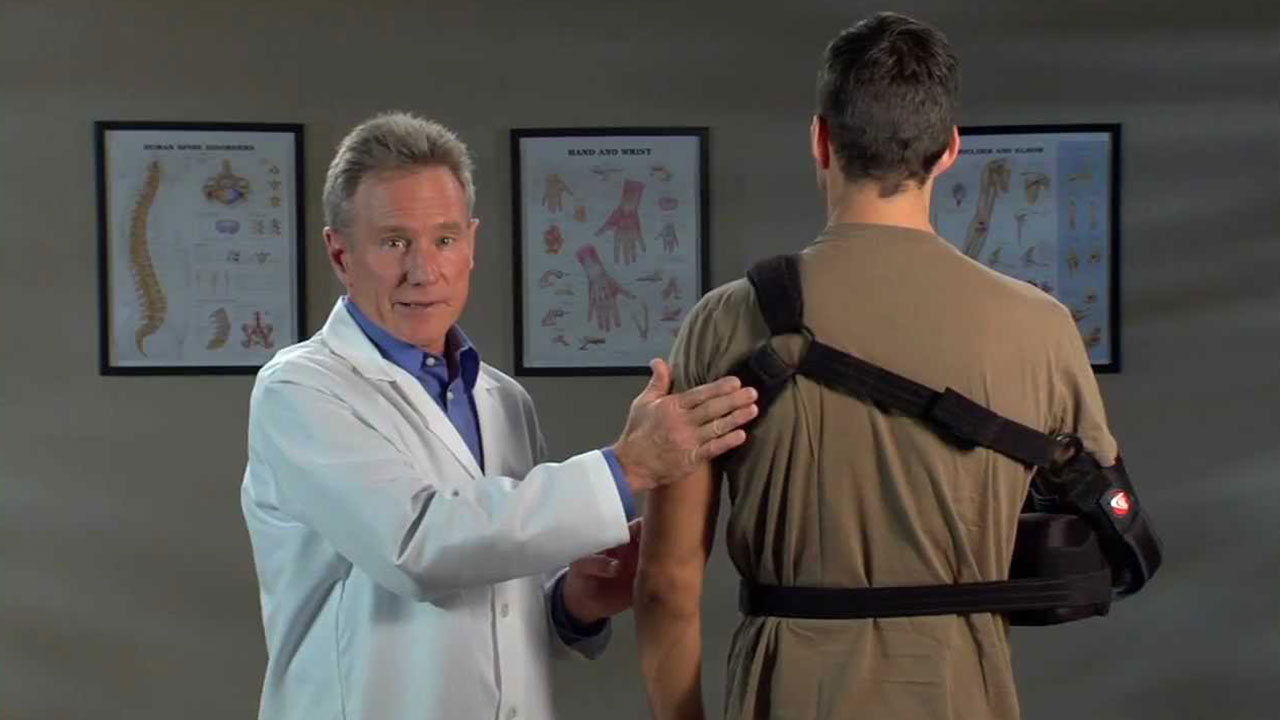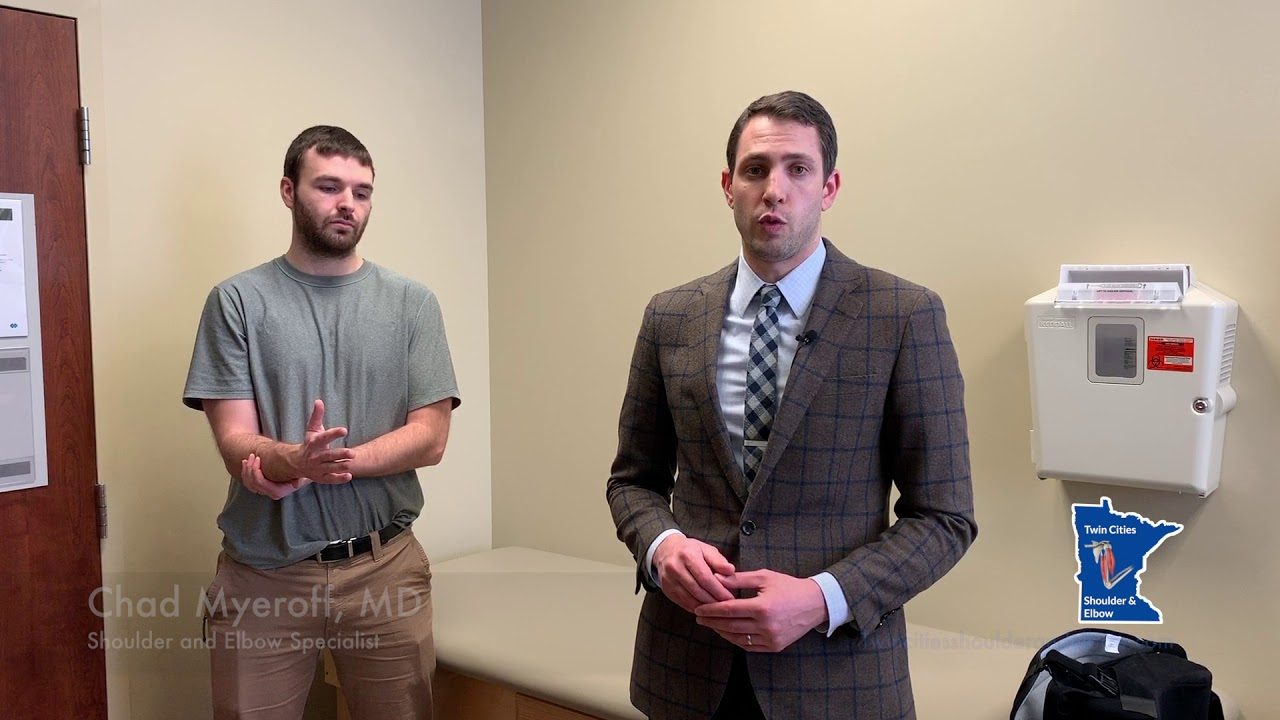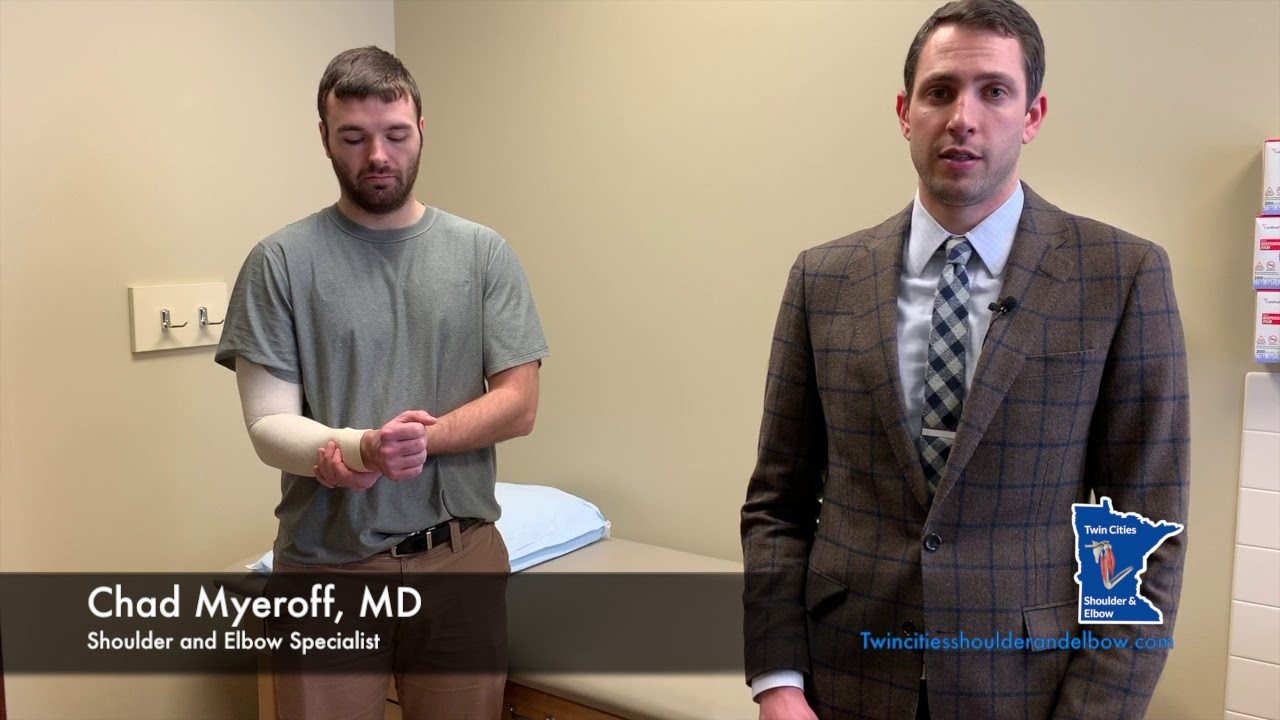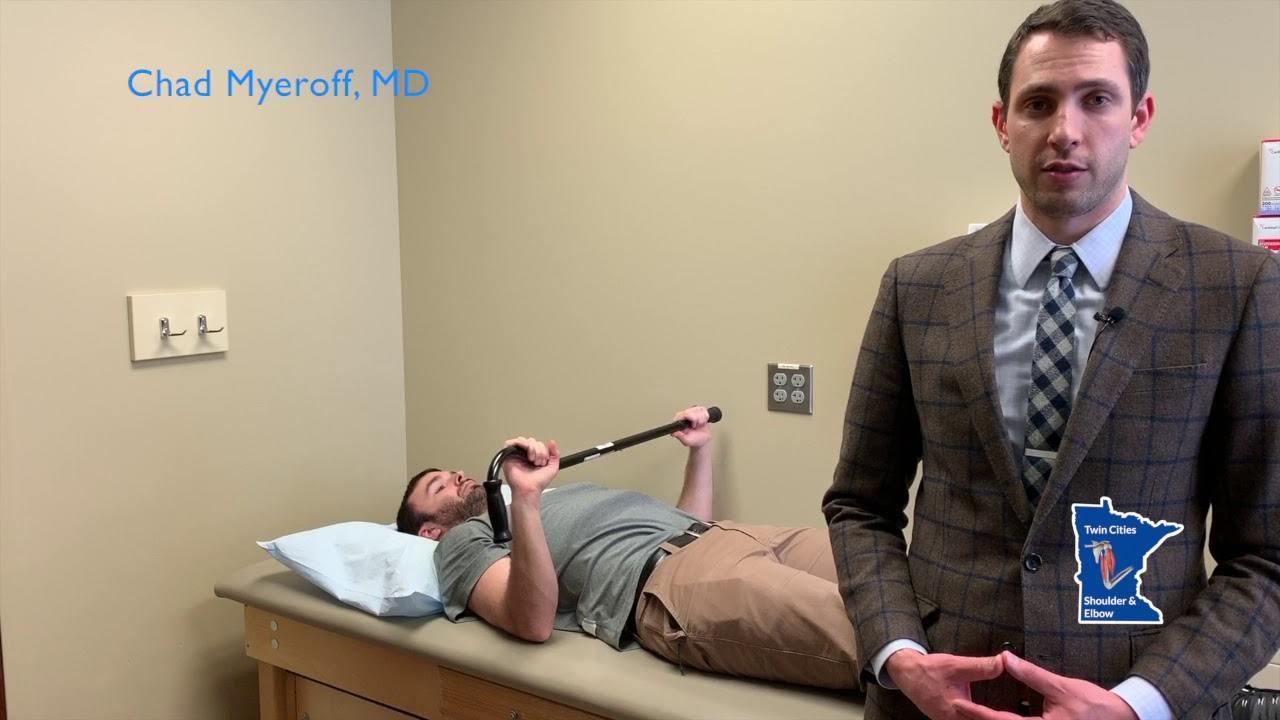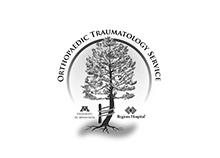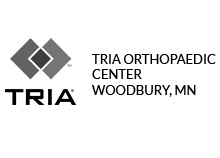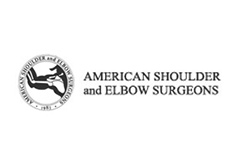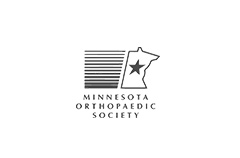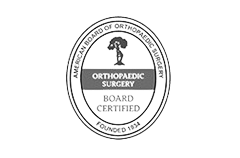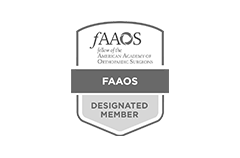Rotator cuff Tears
- Diagnosis
- Non-operative Options
- Operative Options
- Before Your Surgery
- After Your Surgery
- Your Rehab
What is a Rotator Cuff Tear?
The rotator cuff is a group of tendons in the shoulder joint providing support and enabling a wide range of motion. Major injury to these tendons may result in tear of these tendons, a condition called rotator cuff tear. It is one of the most common causes of shoulder pain in middle aged adults and older individuals.
What are the Causes of Rotator Cuff Tears?
Rotator cuff tear results from pressure on the rotator cuff from part of the shoulder blade (scapula) as the arm is lifted. It may occur with repeated use of arm for overhead activities, while playing sports or during motor accidents.
What are the Symptoms of Rotator Cuff Tears?
Rotator cuff tear causes severe pain, weakness of the arm, and crackling sensation on moving shoulder in certain positions. There may be stiffness, swelling, loss of movement and tenderness in the front of the shoulder.
How is a Rotator Cuff Tear diagnosed?
Your surgeon diagnoses rotator cuff Tear based on a physical examination, X-rays, and imaging studies, such as MRI. Rotator cuff tear is best viewed on magnetic resonance imaging.
Want to know more?
- Physical Therapy Intro
- Shoulder and Elbow Steroid Injection
The conservative treatment options for rotator cuff tears are:
- Rest
- Shoulder sling
- Pain medication, injection of a steroid (cortisone) and a local anesthetic in the subacromial space of the affected shoulder to help decrease the inflammation and pain
- Certain exercises
Want to know more?
Surgery for Rotator Cuff Tears
Rotator cuff repair may be performed by open surgery or arthroscopic procedure. In arthroscopy procedure, space for rotator cuff tendons will be increased and the cuff tear is repaired using suture anchors. These anchor sutures help in attaching the tendons to the shoulder bone. Following the surgery, you may be advised to practice motion and strengthening exercises.
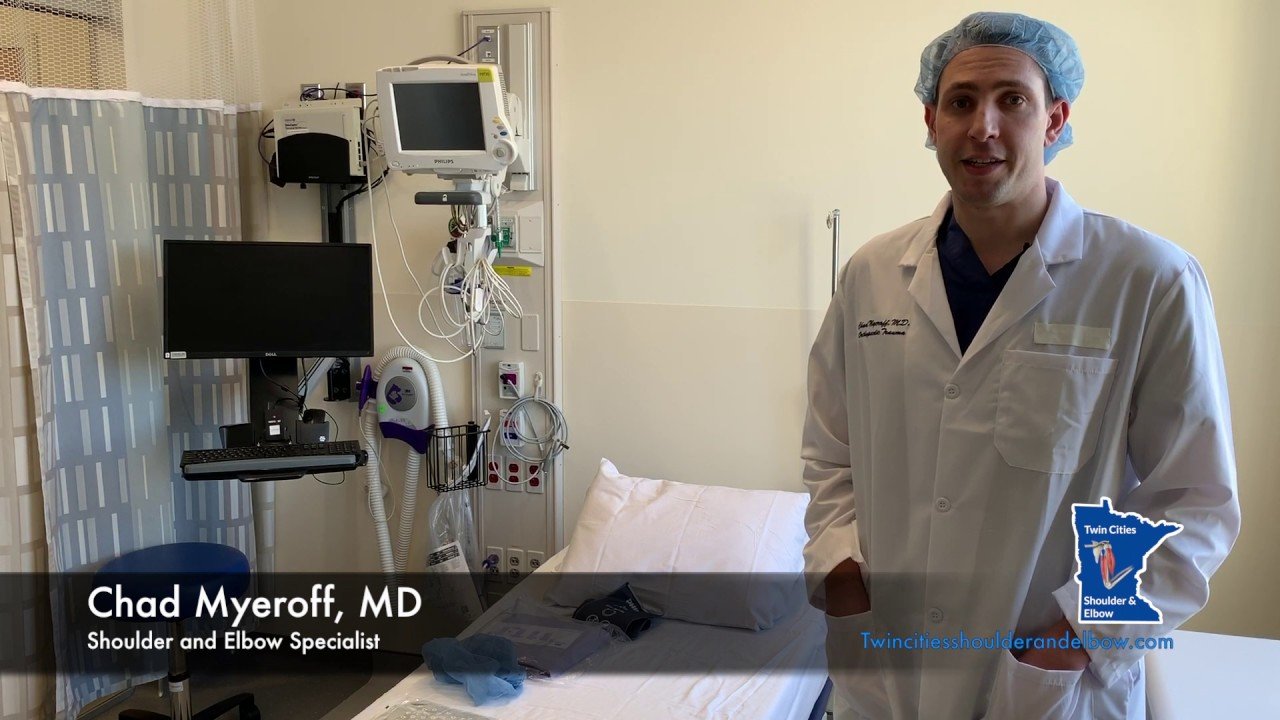
Once you and your doctor decide that surgery will help you, you will need to learn what to expect from the surgery and how to actively participate in the treatment plan for the best results afterward.
Preparing mentally and physically for surgery is an important step toward a successful result. Understanding the process, and your role in it, will help you recover more quickly and have fewer problems.
Before surgery, your doctor will perform a complete physical examination to make sure you don’t have any conditions that could interfere with the surgery or the outcomes.
- Routine tests, such as blood tests and X-rays may be performed.
- Discuss any medications you are taking with your doctor as you may have to stop or alter your intake before surgery. If you are taking aspirin or anti-inflammatory medications or any drugs that increase the risk of bleeding, you will need to stop taking them one week before surgery to minimize bleeding.
- Discuss with your doctor about preparing for potential blood replacement, medical interventions and other treatments prior to surgery.
- Report any infections to your surgeon. Surgery cannot be performed until all infections have cleared up.
- If you smoke, you should stop or cut down as smoking interferes with wound healing and can affect your recovery.
- Have someone available to take you home, as driving is not recommended for at least 24 hours or as advised.
- You may need help with everyday tasks such as cooking, shopping and laundry.
- Put items that you use often within easy reach, so you won’t have to stretch and bend as often.
- After Surgery Video
- Shoulder Surgery Recovery Video
- Post-operative Sling
Want to know more?
- Physical Therapy Intro Video
- Finger ROM Video
- Standard Elbow ROM Video
- Shoulder ROM Video
Want to know more?
- Download Dr. Myeroff's Shoulder Stretches Information Sheet
- Download Dr. Myeroff's Standard Elbow ROM Diagram Information Sheet
- Download Dr. Myeroff's Finger ROM Diagram Information Sheet
- Download Dr Myeroff's Post-Op Protocol for Accelerated Rotator Cuff Repair Protocol
- Download Dr Myeroff's Post-Op Protocol for Standard Rotator Cuff Repair Protocol
- Download Dr Myeroff's Post-Op Protocol for Protected Rotator Cuff Repair Protocol
- Download Dr. Myeroff's Rotator Cuff Tear Non-Operative



